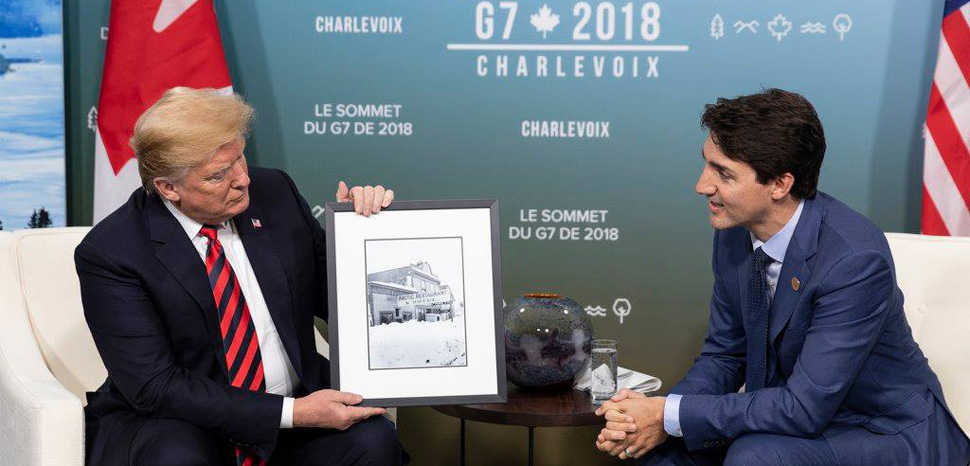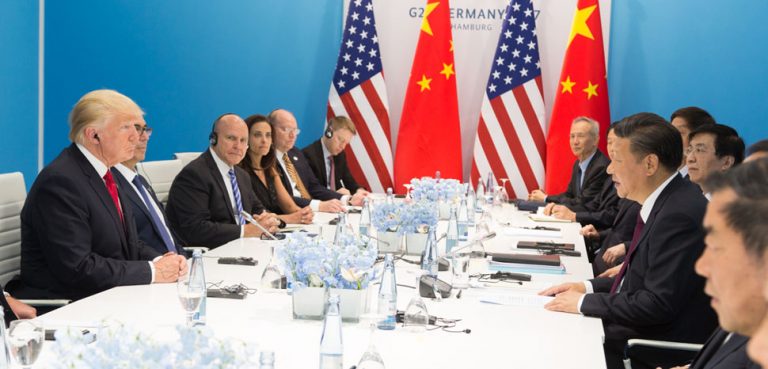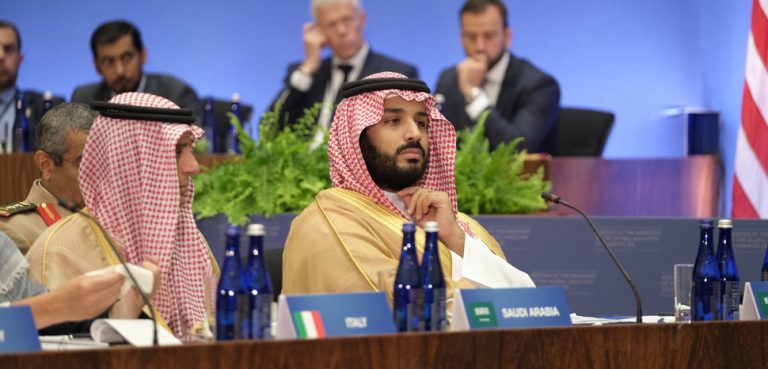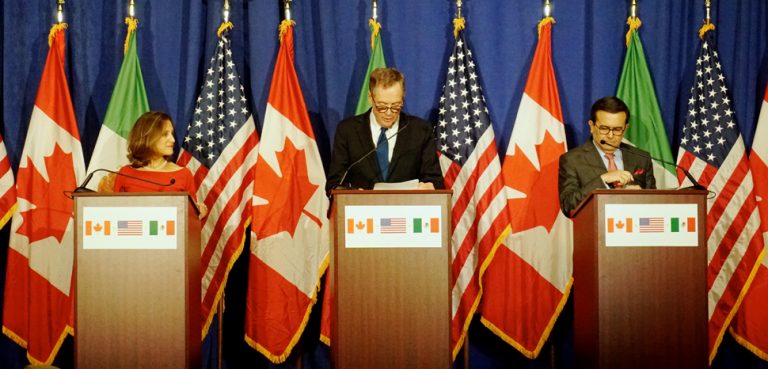Summary
US and Canadian negotiators burned the midnight oil through the weekend in order to reach a new deal in principle to save trilateral free trade in North America. In a bit of overhauled branding, the new deal is called the United States-Mexico-Canada agreement (USMCA). It would appear that NAFTA, which President Trump famously called the ‘worst deal ever,’ has now been consigned to history’s dustbin.
Here are the winners and losers in the new deal:
Winners
US President Trump. The first two years of President Trump’s term have been more about tearing down than building up. The US president scrapped the Paris Climate Accord, NAFTA, the TPP, the Iran nuclear deal, speak nothing of the myriad of other domestic regulations and minor international deals that the US has recently dismantled. Leading up to last weekend, amid the seemingly made-for-TV Kavanaugh hearings and a daunting midterm election outlook, President Trump was in desperate need of a win – one that demonstrated his administration could actually seal new deals that reflected Trump’s rebalanced take on global trade.
NAFTA – sorry, the USMCA – is just that. Trump didn’t get everything he wanted; notably, the Chapter 19 and Chapter 20 mechanisms for company-to-government and government-to-government disputes respectively are still in the final agreement. But he did get greater access to Canada’s dairy market, greater protections for the US auto industry, and other concessions on pharmaceutical pricing and Canada’s poultry market. In the end, a ‘sunset clause’ also made its way into the agreement, but a 16-year one rather than the 5-year expiry initially supported by President Trump.




